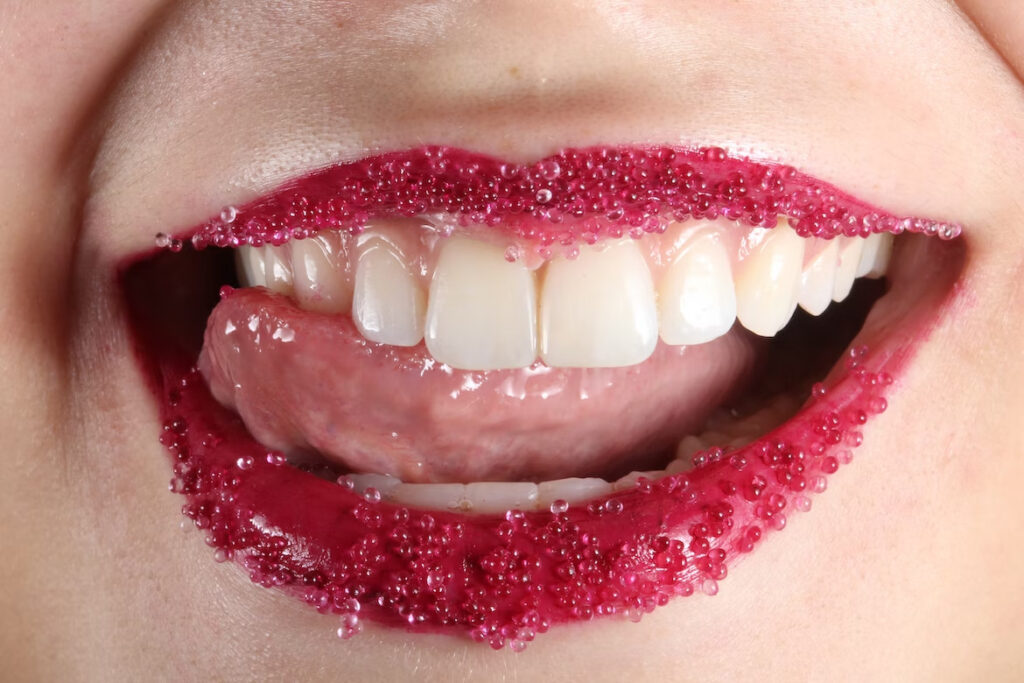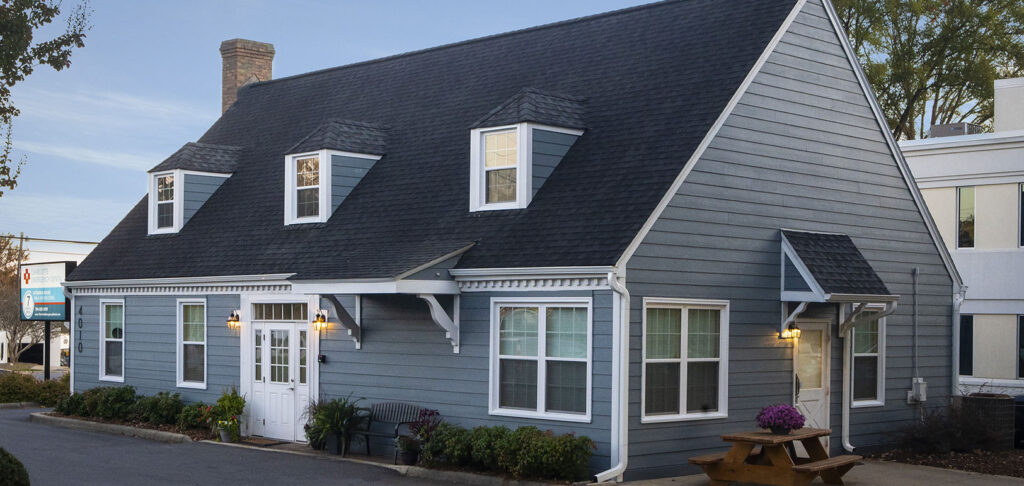
Are you considering veneers to transform your smile but wondering whether they are a permanent solution? Veneers are a popular cosmetic dental treatment that can enhance the appearance of your teeth.
They are thin shells made of porcelain or composite resin that are custom-made to fit over your teeth, covering imperfections such as discoloration, chips, or gaps. However, it's natural to have questions about the longevity of veneers and whether they require replacement over time.
This article will explore whether veneers are permanent and what factors can impact their lifespan.
We'll also provide you with some tips on how to care for your veneers to ensure they last long. Keep reading to learn more about this transformative dental treatment!

Veneers are thin shells made from porcelain or composite resin bonded to your teeth' surface.
They are used to improve the appearance of your teeth and can be used to correct a range of cosmetic concerns, including:
Veneers are typically custom-made to fit over your teeth and can be designed to match the color, shape, and size of your natural teeth.
They are a popular cosmetic dental treatment because they can dramatically improve your smile's appearance.
There are two main types of veneers: porcelain and composite resin.
Porcelain veneers are made from a thin layer of custom-made porcelain to fit over your teeth. They are durable and long-lasting, and they can provide a natural-looking and aesthetically pleasing result.
Composite resin veneers are made from a tooth-colored resin material bonded to your teeth' surface. They are less expensive than porcelain veneers and can be completed in a single visit to the dentist.
However, they are less durable and may need to be replaced more frequently than porcelain veneers.
One of the most common questions about veneers is whether they are a permanent solution. While veneers are designed to be long-lasting, they are not considered a permanent treatment.
Porcelain veneers can last 10 to 15 years or longer with proper care, while composite resin veneers may need replacing every 5 to 7 years.

Several factors can impact the lifespan of veneers, including:
Good oral hygiene is essential for maintaining the longevity of your veneers. Brushing and flossing regularly can help prevent the buildup of plaque and bacteria that can damage your veneers and lead to decay.
Certain foods and beverages can stain or discolor your veneers over time. Avoiding foods and drinks high in sugar, acid, or caffeine can help prolong the life of your veneers.
Grinding or clenching your teeth can put excessive pressure on your veneers, causing them to crack or chip. If you grind your teeth, your dentist may recommend a night guard to protect your veneers while you sleep.
Accidents or injuries to your mouth can damage your veneers and require replacing them. If you play contact sports, wearing a mouthguard can help protect your veneers from damage.
To help ensure the longevity of your veneers, it's essential to care for them properly. Here are some tips for caring for your veneers:
The process of getting veneers typically involves several steps, including:
Getting veneers typically takes 2 to 3 visits to the dentist and can be completed in just a few weeks.
If you're not a candidate for veneers or simply prefer a different option, there are several alternatives to consider, including:
Teeth whitening may be a better option if your primary concern is stained or discolored teeth. This non-invasive treatment can lighten your teeth by several shades and can be completed in just one visit to the dentist.
Bonding is a cosmetic dental treatment that uses tooth-colored resin to repair chipped, cracked, or misshapen teeth. It is a less expensive alternative to veneers and can be completed in just one visit to the dentist.
Orthodontic treatment may be a better option if your primary concern is crooked or misaligned teeth. Braces or clear aligners can help straighten your teeth and improve your smile.
Yes, veneers can be replaced if damaged or worn over time. However, it's important to remember that veneers are not a reversible treatment.
Once your teeth have been prepared for veneers, they will always require some form of restoration to maintain their appearance.
If you are considering getting veneers, discussing the long-term implications with your dentist and considering the commitment involved carefully is essential.
At Charlotte Emergency, we prioritize first-rate treatment and healthy, beautiful smiles for all our patients. In addition to emergency treatment, we provide a vast array of dental procedures.
If you have a busy schedule but still want to take care of your oral health, our extended hours and same-day services are the easiest way to do so.
Finally, veneers are a popular cosmetic dental treatment that may significantly improve the appearance of your smile.
While veneers are not considered a permanent solution, they can endure for many years with reasonable care and upkeep. Oral hygiene, nutrition, tooth grinding, and trauma can all influence the longevity of your veneers, so it's critical to take adequate care of them.
Whether you're considering veneers or not, talk to your dentist about your treatment objectives and any concerns you have to see whether they're a good fit for you.

We have temporarily updated our hours, reflected below.
MONDAY to FRIDAY
9:00am – 7:00pm
SATURDAY to SUNDAY
9:00am – 3:00pm
Save time, print online! Fill out forms online before your first visit to shorten your appointment time with us.